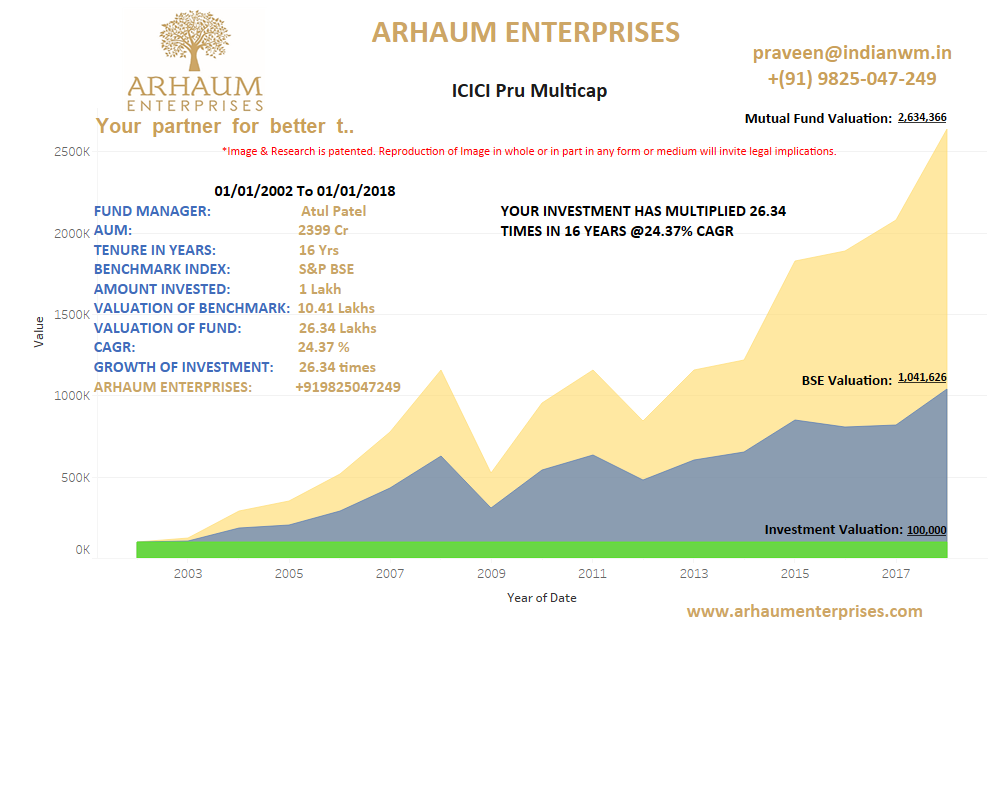Transmission is the process of transferring units held in a mutual fund folio to the authorised recipient or nominee in the event of the death of the unit holder. If the mutual fund folio is held jointly, the units are transmitted to the second holder in case the first holder dies. However, if there is no joint holder and there is no nomination, the units are transmitted to the legal successors.
Request:
The legal successors of the deceased unit holder must ask the fund house for transmission of units. The AMC may have a prescribed format for placing such a request and this can be downloaded from its website or office.
Documents:
Along with the transmission request, the successor needs to attach the death certificate, KYC and bank account details of claimants, probate of will, which validates the will of the deceased, succession certificate received from the court, which gives details of the legal successors of the deceased, and a no-objection certificate from the remaining legal heirs, if the claim for transmission is made by one of them.
Processing:
On receiving the request and supporting documents, the registrar and transfer (R&T) agent removes the name of the deceased unit holder and transfers the units to those entitled. The AMC or R&T agent follows the directions of the original unit holder, which is given through a nomination or will, or follows a prescribed process if there is no such instruction.
Points to note
> In a joint holding, if the first holder passes away, the second holder is substituted as the first holder.
> The R&T agent or AMC does not take responsibility for the equitable distribution of investments among the heirs of the deceased unit holder.




